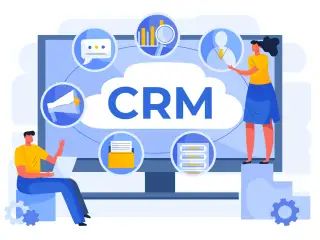Many more entrepreneurs are considering securing their Enterprise with Business Insurance from any contingencies. But here’s the catch – that cannot be done without business insurance. Business insurance is not just about shielding your enterprise; you’ll also need it to sustain yourself in the competitive landscape we find ourselves in. Therefore, it is a critical part of corporate security, and every successful organization ought to consider investing in this system. Business insurance provides businesses with financial protection, ensuring that unexpected accidents and calamities do not distract your operations. Therefore, you need the right policy to get you back on track faster in a loss. The problem is that numerous insurance policies are available today, so it might be hard for you to know the right policy to invest in. Read along to get a glimpse of the components of business insurance, the benefits one can enjoy, and why it plays a vital role in ensuring financial stability.
Types of Business Insurance
Several policies may shield your company via business insurance carriers. The policies will operate on your business depending on the size, extent, and location. Here are various business insurance policies to help keep your business moving effortlessly.
1. General liability insurance
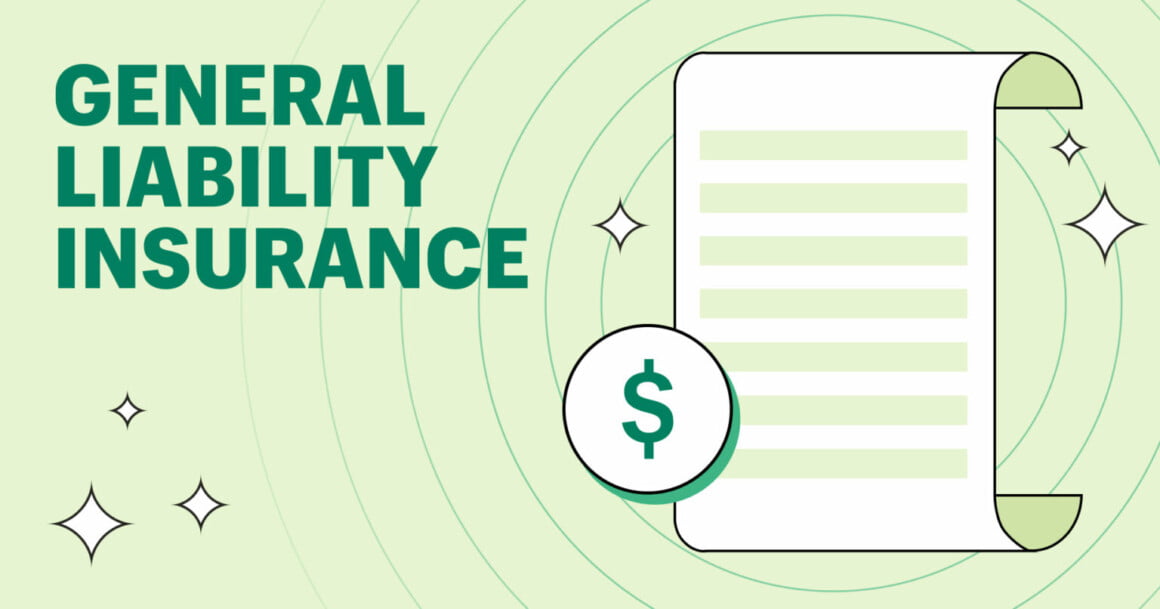
Despite not being a requirement, general liability is one of the most popular forms of protection for your business. It also called business liability or public liability insurance, it gave your business financial protection from claims of bodily injury and property damage that arise daily. General liability gives your firm protection over personal injury claims if you are accused of an act of copyright infringement and other tasks that might damage your organization’s reputation, including libel, slander, and violation of the right to privacy, among others.
Most policies include product liability, which protects your business against lawsuits arising from somebody who is injured or whose property is damaged as a result of a product you sell or manufacture. General liability insurance will cover the legal and settlement costs if your firm is sued for selling a product that causes harm or loss. Some policies will also shield your business from medical costs for injuries that occur within your premises.
2. Commercial property insurance

Briefly put, commercial property insurance, or at least as its name sounds, is designed to help reduce the financial impact that natural or another type of disaster causes to your business’s on-site physical assets, including:
- The Property or building your business uses
- The Equipment and technology your business uses
- The Inventory of products and materials your company stores and sells
Consequently, it lowers the impact of such unexpected incidents on your daily operations and compensates for the damage and losses. Some policies can also cover a part of the lost income in case of the impossibility of operating properly due to the damage.
3. Workers’ compensation insurance
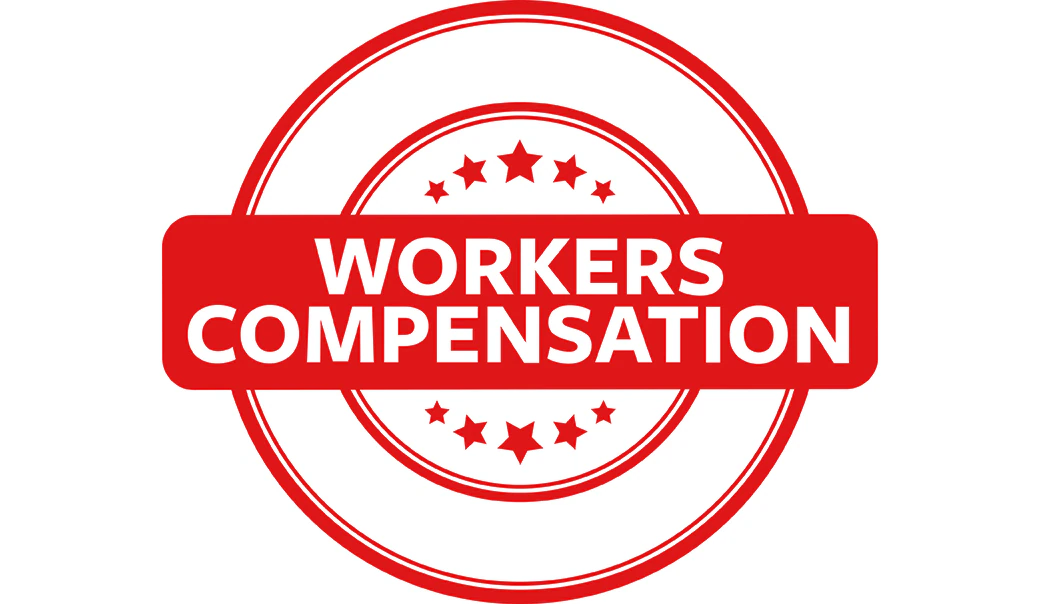
In conclusion, workers’ compensation insurance will protect your business while you might otherwise be financially responsible for paying expenses associated with on-the-job injuries or sickness. In the US, this coverage is required for all businesses employing a specific number of people of any measurement type. While your employees are likely to contribute to the cost of the premiums, you, as a business owner, submit the full expense of coverage. The employees shall not be committed to the premiums, yet this form of coverage is claimable. Furthermore, no significant employee benefits accrue when your business is negligent. However, the claims may be denied.
4. Professional liability insurance
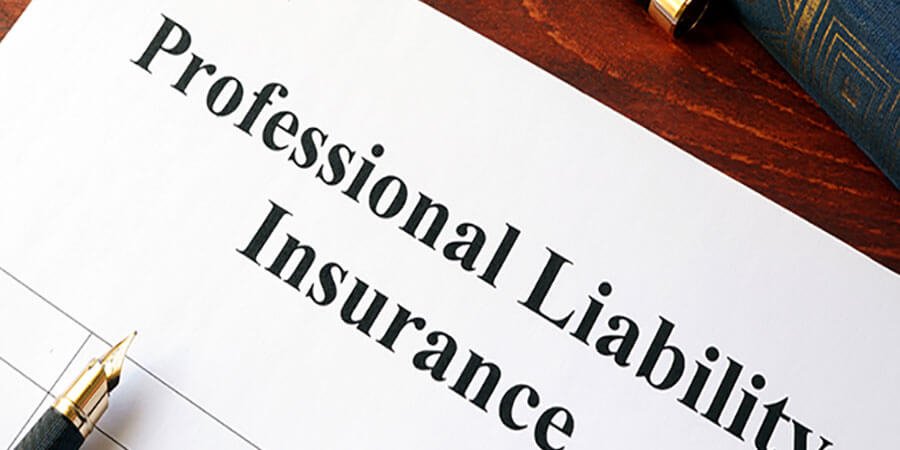
Although not all businesses are mandated to have it, professional liability insurance is another must-have business insurance policy for businesses offering expert or advisory services. It shields your business from claims arising from financial loss or mere allegations from nearly any kind of failure to render a professional service. A professional liability policy can be used to pay for costly legal representation and settlement fees caused by a range of factors, such as:
- Service-related errors and oversights
- Inaccurate advice
- Misrepresentation
- Breach of contract
- Unfinished work
- Budget overruns
- Personal injury, including libel and slander
Certain professions need this kind of insurance, sometimes known as errors and omissions E&O or malpractice insurance in some areas.
5. Tools and equipment insurance

For example, this insurance policy will cover the costs you incur to repair or replace your company’s tools and equipment if either is stolen, destroyed, or defaced. Businesses whose production depends on materials will be required to obtain such a policy. This policy will enable you to cover some types of tools and equipment you relate for your company.
The Benefits of Having Business Insurance Policies
Circumstances that can affect a business’s profits negatively exist daily. While some mistakes in one’s workplace may lead to costly lawsuits, an accident or calamity might even force a company to close its doors. Therefore, one should always ensure the following business insurance policies that can contribute to financial protection from daily damage and other hassles. It is good that people with the right business insurance can get more clients interested in hiring them and investing in their business. The reason is that no shareholder or client would want to work with a company whose finances are not protected. Coverage is also one way you can reduce business losses as a person. Comparing quotes from different insurance carriers and exercising good risk management behaviors can help safeguard your business’s assets and wealth.
How to efficiently handle business insurance
Risk management: For your business insurance policy to be effective, you should be able to manage risks effectively. This implies that you should have undergone effective risk assessments and set out safety measures specific to your industry. Not only will it help you avoid unnecessary losses, but it will also greatly assist you in tailoring compensation since an insurance provider will already have insight into your business idea. Although insurance premiums tend to be the most expensive cost in your mind as a business owner, and sometimes they can seem high, they are pretty low compared to revenue loss when something unexpected happens. The cost of a premium depends on several factors, including the size and scope of your business and the industry, the location where it is located, and your coverage needs. You can lower your costs by group increase risk management behavior, and annually evaluate your insurance needs.
Conclusion
Business insurance is one of the best ways to protect your business from the unpredictable. Business owners who cover their business will shield their enterprise and foster an environment conducive to growth and innovation.

